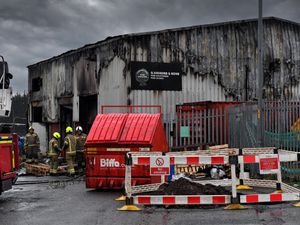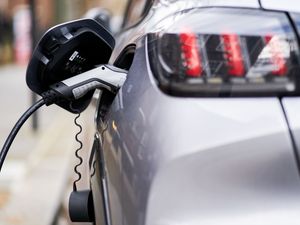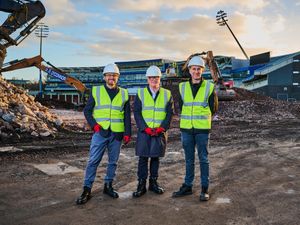Railways bolstered by five-year £5.7bn cash injection
The region is set to benefit from a £5.7 billion funding package to improve rail facilities over the next five years.
The Government funding will see improvements made to the London North Western (LNW) region, which runs the railway infrastructure in the West Midlands, Chilterns, North West, Merseyside, Lancashire and Cumbria.
In its 2019 to 2024 plan, LNW wants to carry out £2.7 billion of railway renewals – replacing track, bridges, points, embankments and structures, introduce new train fleets to improve capacity and reliability, and carry out major resignalling and track remodelling at Crewe.
LNW includes the West Coast main line, the busiest mixed-use railway in Europe and the economic spine connecting Britain’s main cities – London, Birmingham, Manchester, Liverpool and Glasgow.
It also wants to support the safe and successful delivery of HS2, Britain’s new high-speed railway, support the delivery of the 2022 Commonwealth Games in Birmingham, and upgrade the signalling system for the Birmingham area.
Martin Frobisher, managing director for LNW, said: “Demand is growing faster on LNW than any Network Rail region. In the five years to 2024, passenger demand is forecast to rise by 12 per cent with freight demand set to increase 18 per cent.
“LNW is the backbone of Britain. We connect workers with jobs, families with loved ones and goods with markets. Over the next five years our primary focus is delivering brilliant service for the growing numbers of customers who rely on us.
“Our £5.7 billion funding for core activities is a huge vote of confidence in LNW. It is also a big responsibility. We start this five-year funding period with a better plan than ever before. Together as an industry, we will deliver for customers and taxpayers.”
Network Rail’s chief executive Andrew Haines said: “Passengers and freight users are at the heart of our plans over the next five years. Performance has been nowhere near good enough and public trust in our industry has declined. This must change.
“Our role is to deliver a railway that people can rely on, with trains that turn up and arrive at their destination on time, and where passengers have confidence they are in safe hands. This is what we must deliver daily and what we will, and should, be held to account for.
“Our plans for the next five years bring us much closer to train operating companies and local decision makers, they cut red tape and make it easier for others to work with us, and most importantly they put a real focus on the users of the railway.”





